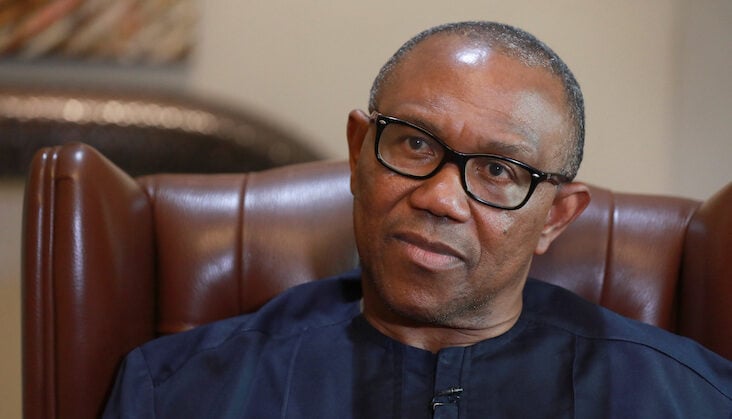The Revenue Mobilization, Allocation and Fiscal Commission’s proposed rise in the salaries of elected officials, including the President, Vice President, Governors, and Lawmakers, is being criticized by Peter Obi, the Labour Party’s nominee for president. The increase would be 11%.
RMAFC has received harsh criticism for its suggestion that the country’s public office holders receive a raise in their base wages.
The shocking revelation was made on Tuesday in Birnin Kebbi, the state capital, when Chairman of the Commission Muhammadu Shehu presented the State Governor, Dr. Nasir Idris, with the reviewed compensation packages of political and judicial office holders. Shehu was represented by RMAFC Commissioner from Kebbi State, Mrs. Rakiya Tanko-Ayuba.
However, Obi called the suggestion “insensitive,” stressing that it shouldn’t be a priority for a country that is still having trouble raising the minimum wage and where more than 133 million Nigerians are currently living in extreme poverty.
On Thursday, the former governor of Anambra criticized the action on his verified Twitter account.
He tweeted, “I learnt with great reservation, the approval of a 114% increase in the salaries of elected politicians, including the President, vice president, governors, lawmakers as well as judicial and public office holders by the Revenue Mobilization, Allocation and Fiscal Commission.
“This is not the appropriate time for such a salary increment if it is at all necessary. We are living in a time when an average Nigerian is struggling with many harsh economic realities, and with over 130 million Nigerians now living in poverty. This is a moment when recent reform measures by the government have increased living costs astronomically.
“One would expect the leaders and public officeholders to focus on cutting the cost of governance, alleviating the sufferings of Nigerians. This moment calls for creative ways of pulling the majority out of poverty. In the immortal words of Shakespeare’s Julius Caesar, ‘What touches us ourselves shall be last served.’
“The leaders, therefore, should prioritize what affects the masses and those on the lower strata of society over themselves. The sacrifice, at this time in our nation, should be borne by the leaders. The increment should be reversed immediately, and the savings should be devoted to fixing education, healthcare and poverty alleviation especially in the remote rural areas.”






